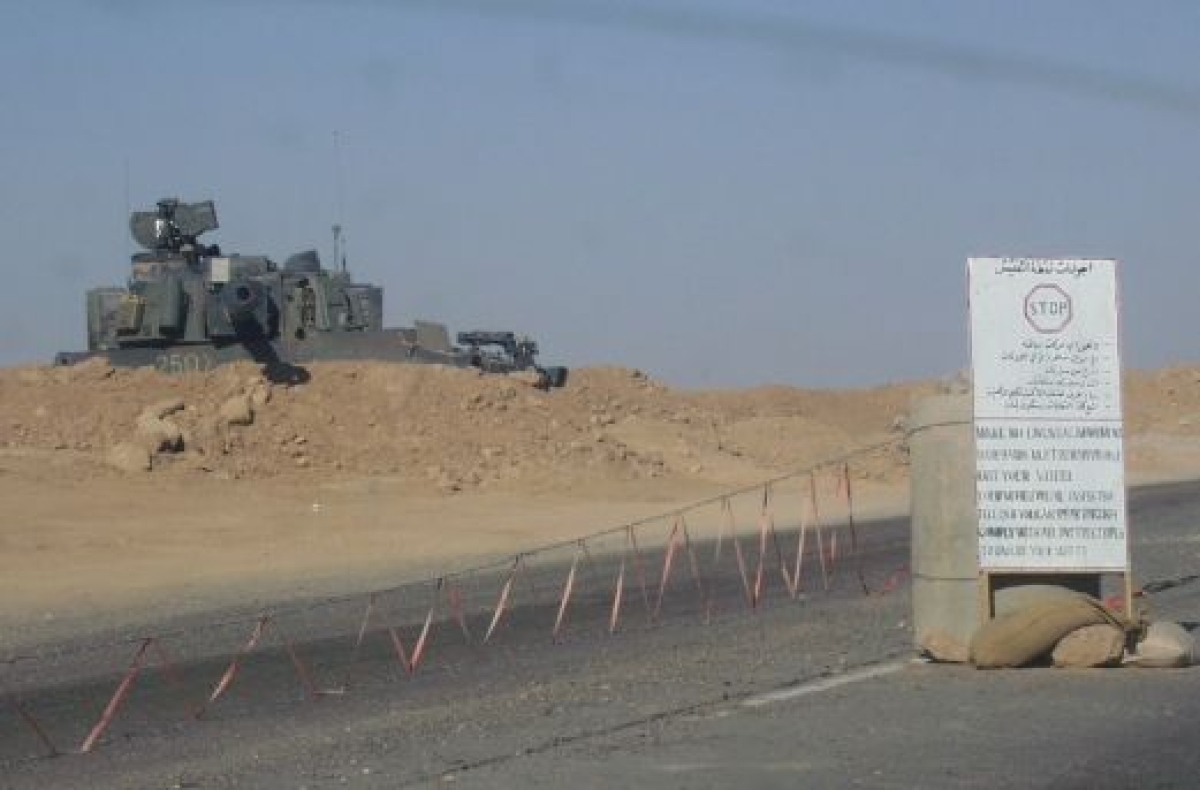Irakische Straße fürchtet möglichen Abzug der Amerikaner

Amerikanischer Panzer im Nordirak nach dem Sturz Saddam Husseins, Bild: Thomas v. der Osten-Sacken
Eine Umfrage in Bagdad ergab, dass viele Irakis gar nicht glücklich mit dem von schiitischen Parteien und Milizen geforderten Abzug der Amerikaner sind.
Dabei ging es nur um die Frage, welche ökonomischen Konsequenzen das haben könnte:
On the streets of Baghdad, many people are worried that a potential withdrawal of United States troops could further damage the already weak economy because of Iraq’s heavy reliance on American greenbacks.
“The exchange rate of the dollar [against the Iraqi dinar] will definitely be affected,” Baghdad resident Hussein Taleb told Rudaw’s Halkawt Aziz on Friday. “Most of our goods are imported from abroad.”
Earlier this month, Iraqi Prime Minister Mohammed Shia’ al-Sudani announced plans to begin the process to end the nearly decade-long presence of international forces of the US-led coalition against the Islamic State (ISIS) in Iraq.
The move came after Washington conducted several retaliatory airstrikes against Iraqi militia groups who have carried out at least 130 drone and rocket attacks on US troops based in Syria and Iraq since mid-October. After the deadly airstrikes, militia groups and Shiite politicians have intensified their calls for the withdrawal of US forces.
“The impact of the American withdrawal from Iraq will be great on the market because the dollar exchange rate will rise,” predicted Baghdad resident Sabah Mohsen. He fears the result will be that commodity prices "will rise further.”
Despite taking several measures, Baghdad has failed to stabilize the dinar-dollar exchange rate. The official exchange rate is 1,320 dinars per dollar, but the actual rate in the markets is over 1,500.
No timeline has been set for an American withdrawal and Washington has not announced any plans to leave.